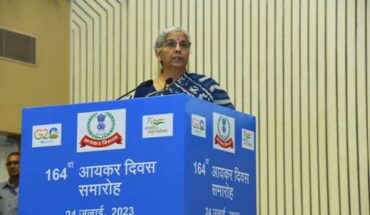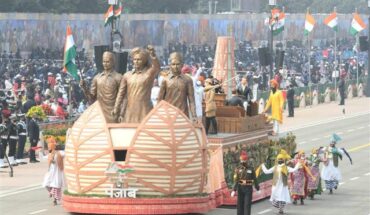India’s Central Bureau of Investigation (CBI) appears to have displayed excessive enthusiasm in filing a case against environmental lawyer Ritwick Dutta and his organization, Legal Initiative for Forest and Environment, for alleged violations of the Foreign Contribution (Regulation) Act (FCRA). The crux of the allegations revolves around the utilization of foreign funds to support legal actions aimed at stalling existing and potential coal-fired plants in India. While it is important to monitor the sourcing and use of foreign funds, it is absurd for the government to criminalize opposition to coal plants when pursued through legal means. India, as a signatory to the UN Framework Convention on Climate Change and various key agreements, has committed to gradually reduce its dependence on fossil fuel sources and achieve a state of “net zero” or primarily non-fossil fuel-based power generation by 2070. India has consistently endorsed reports by the Intergovernmental Panel on Climate Change (IPCC) that emphasize the urgent need to prevent global temperatures from exceeding 1.5°C above pre-industrial levels. This necessitates a 45% decline in global net anthropogenic CO2 emissions from 2010 levels by 2030. However, based on the principles of “Common and Differentiated Responsibility,” India maintains its right to rely on coal plants as it is still a developing economy. While renewable energy sources such as solar, wind, and nuclear power are desirable, their cost remains higher than that of fossil fuel power. Coal, a necessary evil, faces delays due to environmental clearances, land acquisition, and rehabilitation issues. Securing funds for new plants is challenging, with multilateral agencies refusing support. Existing coal plants operate inefficiently under lenient environmental regulations to meet power needs. Legal efforts to limit industrial exploitation and ensure fair compensation are vital for democracy. Undermining this bodes ill for India’s progress.
Limit industrial exploitation of the nature
|
April 29, 2023 |






